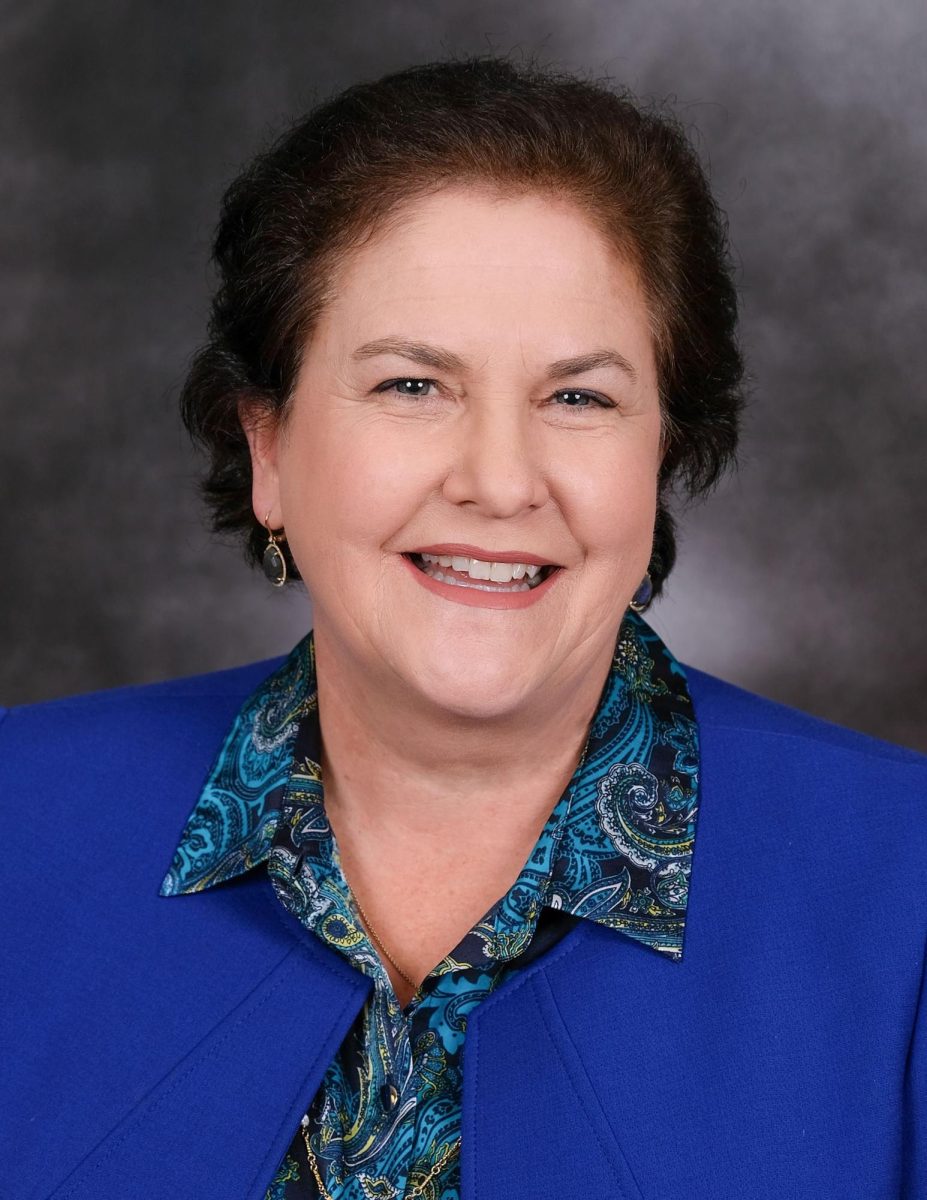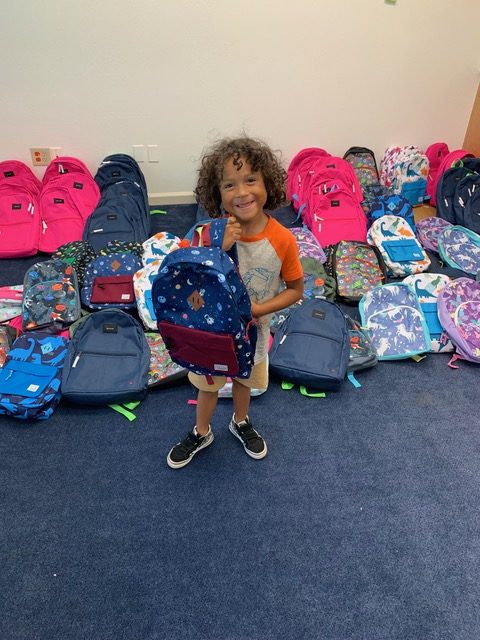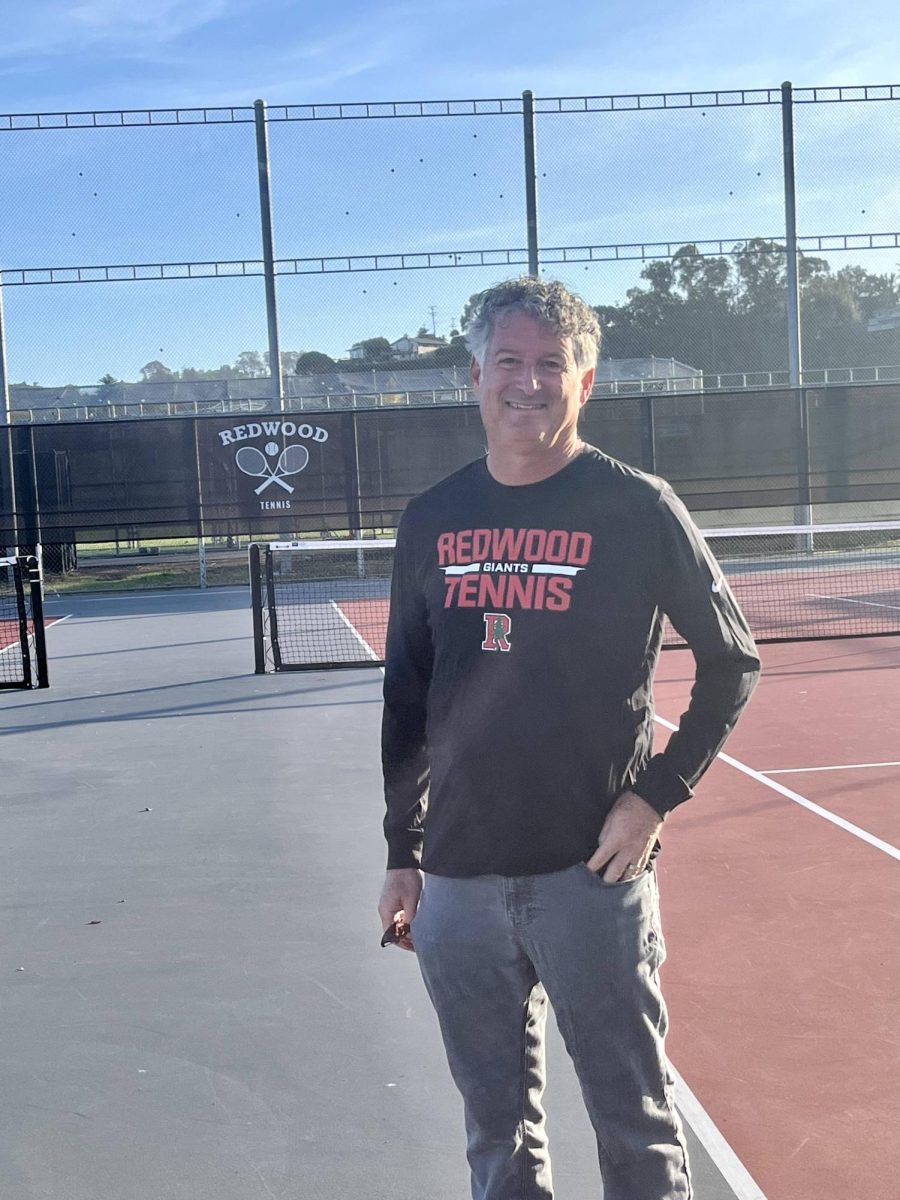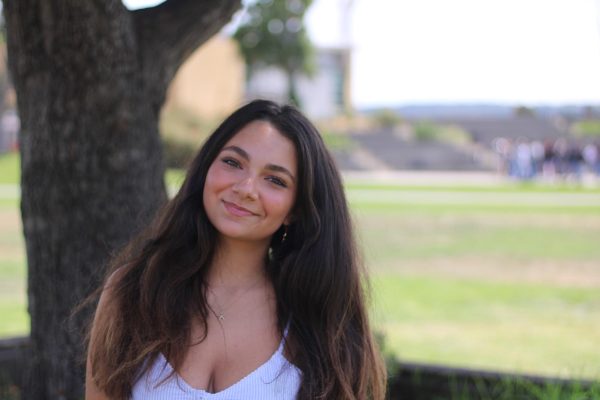In 2020, Leila and Neeka Mashouf joined forces to launch their startup, Rubi Laboratories. Aiming to reduce carbon emissions, water usage and improve biodiversity with less pressure on land, they started manufacturing sustainable carbon-negative fashion in response to worsening global warming conditions.
“Fashion right now is the third most CO2-polluting supply chain on the planet after food and building materials. Seventy-five percent of fashion emission comes from raw materials. The most significant way to drop fashion from that list of top-emitting industries is by reinventing those raw materials,” Neeka said.
The Mashouf Twins envision Rubi Laboratories manufacturing clothing crafted from cellulosic fibers, which are environmentally friendly by being water, chemical and land-neutral. According to Neeka, a typical cotton t-shirt would emit eight kilograms of CO2 in production, while the Rubi process would create the same shirt with negative carbon emissions.
“Even after all the transportation and energy used to make the product, we remain negative on the CO2 impact perspective. So it helps to reverse climate change as we make these products,” Neeka said.
Inspired by the natural beauty of redwood trees in Northern California, the fifteen year old twins began their research careers before graduating from Redwood High School in 2014. While at Redwood, Neeka worked in labs and practiced applying science to change systems like energy. She accomplished this during an internship at the Lawrence Berkeley National lab, where she published her first paper on artificial photosynthesis.
Heather Curtaz, Neeka’s advanced placement calculus and advanced algebra teacher at Redwood, formed a strong connection with Neeka, vividly remembering her smile even a decade after Neeka’s graduation.
“[Neeka] was so diligent about all of her work. She achieved her success in math through hard work and persistence. It wasn’t so easy, but she kept working at it,” Curtaz said. “She didn’t miss homework and she didn’t make excuses. She held herself to the highest standard and did all the things that a dedicated student would do.”
In 2013, as juniors at Redwood, the sisters received a one-thousand-dollar grant from Disney Friends for Change (DFC) for their Renewable Energy Club. Similarly to their mission with Rubi Laboratories, the money from DFC went towards converting cooking oil into biodiesel, eliminating sulfur emissions and simultaneously reducing carbon monoxide and hydrocarbon emissions. While the money from DFC allowed them to have experience in their field before founding Rubi, it also introduced them to the field of grants and investors.
“[Upon starting Rubi Laboratories], I spoke with 50 to 100 different investors to get our first round closed and in that one, we raised about four million. That set us up for the first one and a half or two years. Then we raised our next round. The early stages were all about building some of those investor relationships and doing more networking.”
Although Neeka embarked on a journey that laid the foundation for creating Rubi, specializing in materials engineering and business administration at University of California, Berkeley, Leila stepped out of Redwood onto a pre med program. She was completing her last year of medical school at Harvard University when she co-founded Rubi. Changing her career path was initially daunting.
“Not having any background in biotech from an industry perspective was challenging. I have learned that it is just a normal part of life to not necessarily be the perfect person for the job or the career, you just have to keep working harder,” Leila said.
Leila explained that her drive to become a doctor was set on indirectly making a difference in the effect of climate change through healthcare. Her decision to change careers occurred when she decided to take a more direct approach to finding the core of the problem.

“When the sky turned red in California, that was the pivotal moment where I realized, climate change was becoming more and more real. Since then, it has become much more palpable; there are events like floods and wildfires that are becoming more consistent,” Leila said. “When there are big wildfires like that or environmental catastrophes, it will drive a population to our very vulnerable healthcare system. Thus, I initially thought the biggest impact I could have would be as a doctor. I felt like there was this growing root cause for hospitalizations and a detriment to human health and well-being.”
During a “symbiotic era,” defined as a time when manufacturing systems are in harmony with the planet, Rubi Laboratories continues to see more companies adopting sustainable technologies.
Neeka explained that 90 percent of global gross domestic product is currently covered by net zero carbon goals. This translates to the fact that every major company has net zero carbon goals because it is now becoming a precedent.
The Mashoufs are expanding their outreach after being featured on Forbes top 30 under 30 Manufacturing and Industry 2023 while participating in signed and paid partnerships with companies such as H&M, Patagonia and Walmart. Looking towards the future, the Mashoufs aspire to have more influence in the industry by expanding their technologies.
“In the next year, we’re planning to have our first pilot scale reactor. Then in the years following that, we are hoping to double, triple and continue to grow the number of reactors that we have in operation that [pull] CO2 out of waste gas streams,” Leila said.






